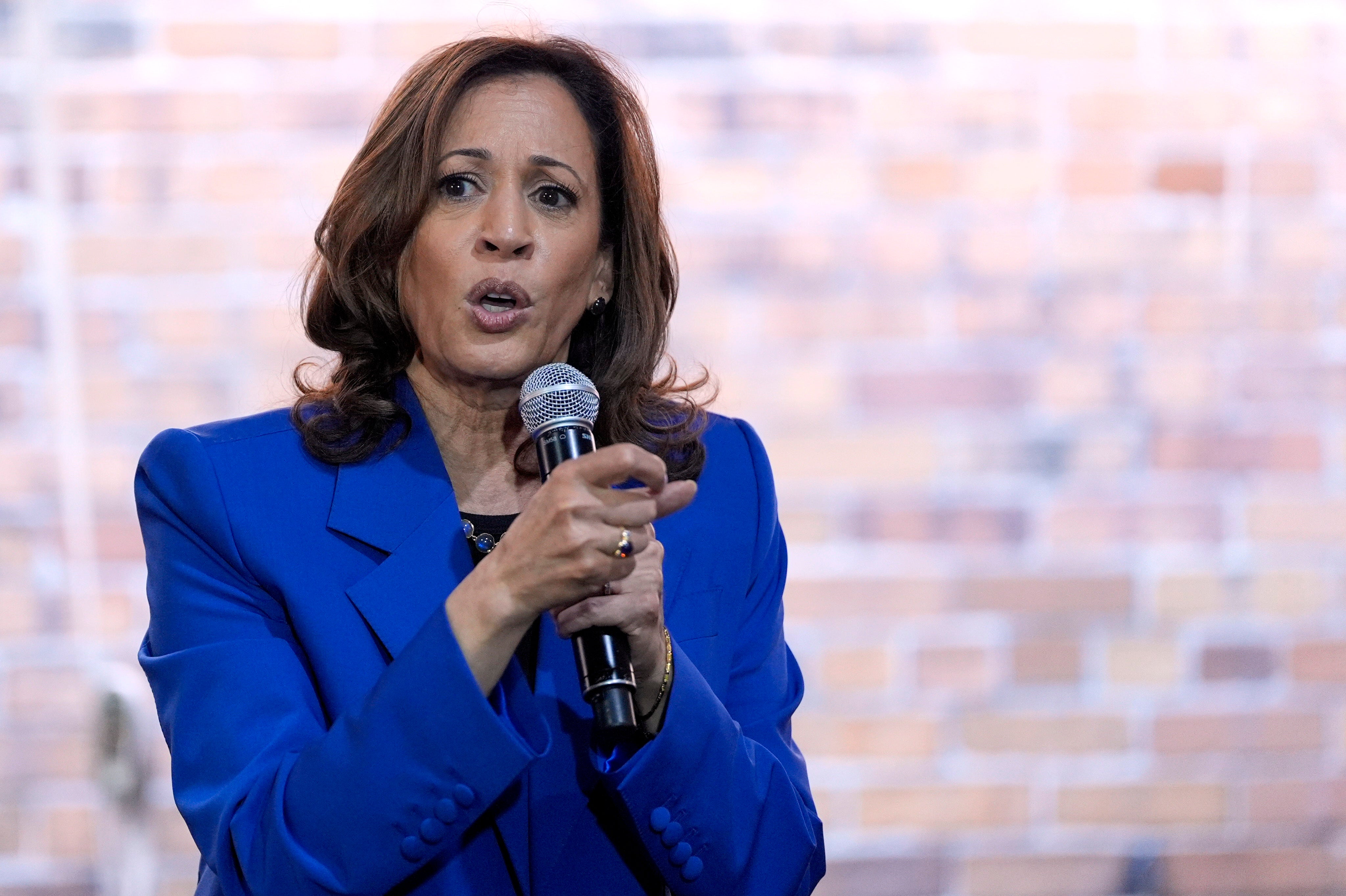Why Kamala Harris’s new strategy focuses on rural Georgia
‘She’s doing the things that Democrats should have been doing for the last 15 years’

On Wednesday evening, Vice President Kamala Harris will make her first big swing through Georgia with her running mate, Tim Walz .
President Joe Biden won the state in 2020 by the narrowest of margins. Democrats flipped the two Senate seats in the runoff races in 2021 and Raphael Warnock held his seat in the 2022 midterm. So it’s no surprise Harris is concentrating on the state today.
Democrats are also making a play for other Southern states like North Carolina and even Florida, which has become a laboratory for MAGA. Some polling shows that Harris has a slight lead there, while other surveys show a lead for Trump.
But the new wrinkle in Harris’s campaign strategy is that she is not just relying on the Atlanta metropolitan area and its suburbs, but the rural areas. Harris’s tour throughout South Georgia will begin on Wednesday.
On the surface, a Democrat campaigning in the rural areas may seem bizarre, given how much the party relies on cities and their suburbs. But Andrew Heaton, a former adviser on Warnock’s campaign, explained why it’s a strategic move for the Harris-Walz campaign to The Independent.
“If you want to win statewide in Georgia, as close as the margins are right now, it can't be an either/or,” he said. “Yes, the bulk of our votes are going to be in metro Atlanta. Yes, we have to run up the scores there — but we can't rely on that. We also have to turn out the votes and crank up the margins, especially in the areas in South Georgia.”
Specifically, Heaton said that Democrats need to compete in areas like the Black Belt, where numerous Black voters live and work in agriculture. He noted that Representative Sanford Bishop, a Black Democrat, represents part of the area.
“There are Democrats down there,” he said. “They might not make up the majority of their counties, but there are... a number of majority Black counties down there that if they feel like a candidate is making the effort is reaching out, they will respond.”
He noted that Warnock’s 2022 runoff campaign against Republican Herschel Walker relied heavily on this region.
“I kept the map after the election because I thought it really spoke to what we were trying to accomplish in going through middle and South Georgia and making sure we left few stones unturned there,” he added.
Indeed, Biden and Warnock did better in some of the southern counties on the margins in Georgia than Hillary Clinton did, such as in Lee County and Webster County.
“I think that the thing that matters most in the conversation around Vice President Harris going into rural areas is she's doing the things that Democrats should have been doing for the last 15 years,” Paolo Cremidis, an executive director of Outrun PAC, which focuses on helping Democrats do outreach in rural areas, told The Independent.
“Specifically going to Southeast Georgia is changing the culture of how not just campaigns are being run, but also how presidential campaigns have interacted with Southern Democratic parties,” he added.
Cremids also cited Warnock’s campaign, which, he said, showed that a Black candidate who runs on progressive policies can win in such areas.
As a Californian and as a Democrat, Harris needs to push back against stereotypes that she is a coastal elite, Andra Gillespie, a professor at Emory University, told The Independent.
“Elites would only think about Atlanta,” she said. “ You don't think about the fact that there's this whole other rest of the state that, geographically, is most of the land mass of the state, and population-wise is half of the state.”
Harris does not even need to flip certain counties — she could win big by simply shaving off at the margins to break through Republicans’ hold on the southern part of the state.
“Part of the Republican strategy to win statewide races in Georgia over the last couple of decades has been to build a wall in rural Georgia,” Amy Morton, a Democratic pollster in Georgia, told The Independent. Breaking down parts of that wall could be hugely consequential.
“This change at the top of the ticket, the performance of the campaign, the message that the Harris campaign is putting forward has made every single one of my legislative races in swing districts easier to win,” Morton added.
Of course, this also comes as the Trump campaign hopes to tighten its grip on rural America, with rallies and appearances by both Trump and JD Vance announced in such areas. The message from Harris and Walz is simple and believable, however: Nothing is guaranteed.
Join our commenting forum
Join thought-provoking conversations, follow other Independent readers and see their replies
Comments
Bookmark popover
Removed from bookmarks